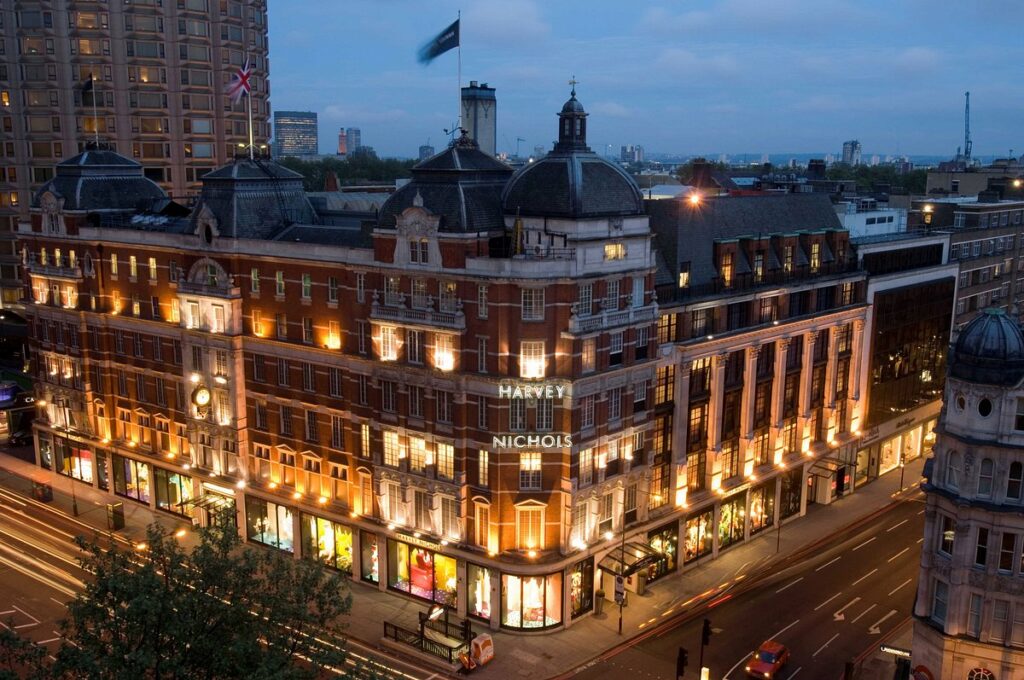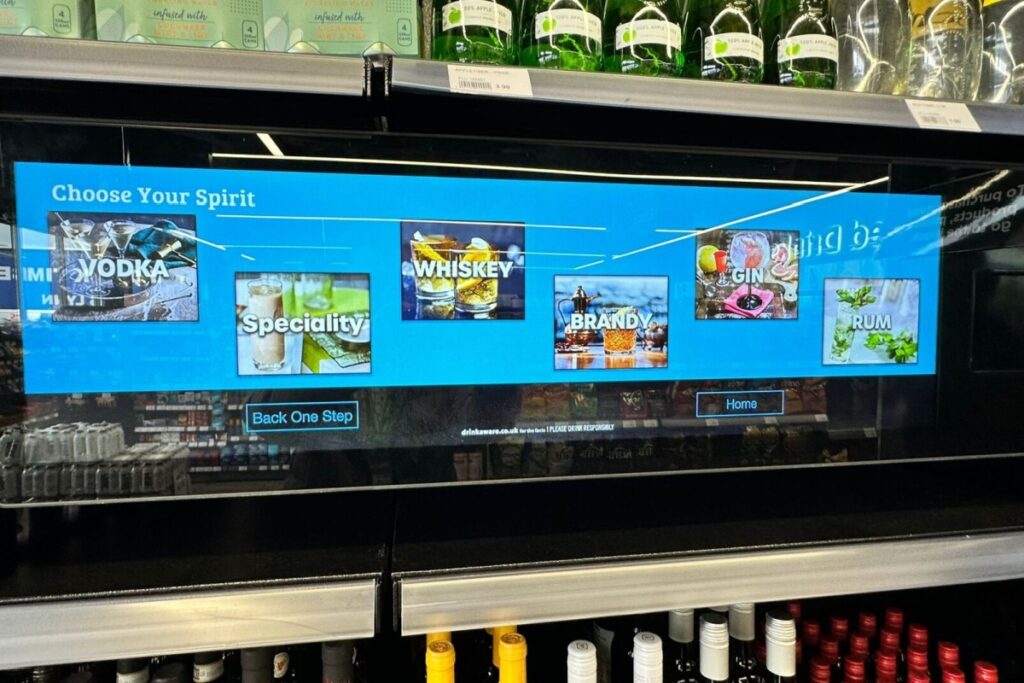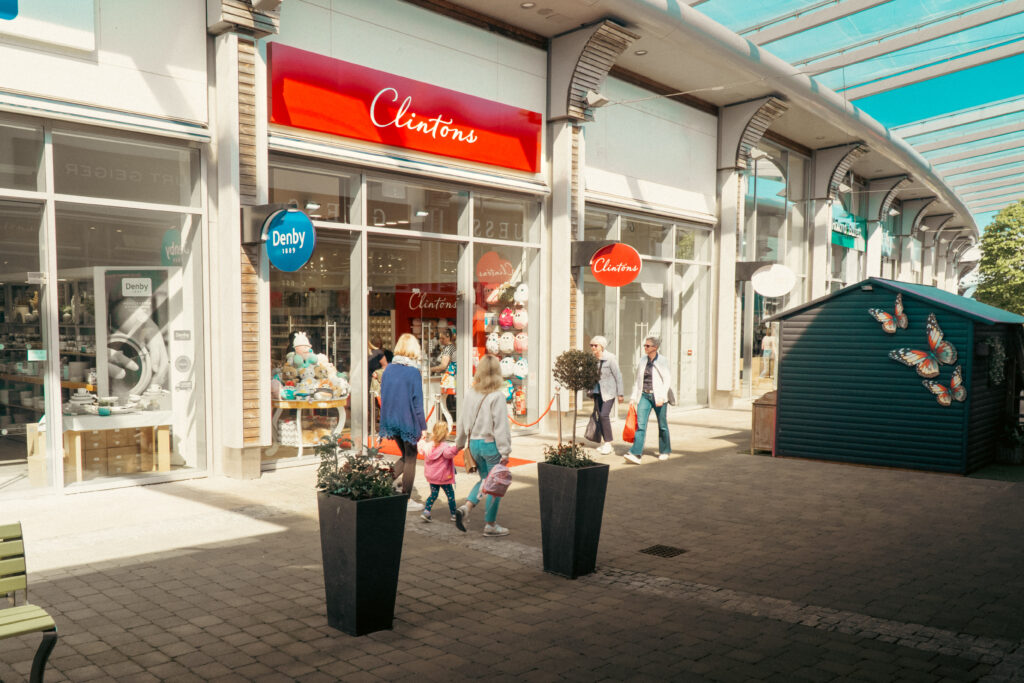Just joining us? Here’s what you need to know
Chancellor Rishi Sunak is setting out his Budget and the results of his Spending Review, which will detail how much government departments can expect to receive for the next three years.
Here is what Rishi Sunak has said during the budget so far:
Employment –
“Employment is up, investment is growing, wages are rising.”
Wages are rising compared to February 2020, they have grown by 3.4 per cent since then.
“We will invest in skills. There is a plan for growth that builds a stronger economy for the future.”
Meanwhile, the budget shows “stronger employment with more people in work and less people out of work”.
Unemployment is expected to peak at 5.2 per cent.
The National Living Wage will rise next April from £8.91 to £9.50 per hour.
Sunak confirms the rise of national living wage by 6.6 per cent from April – increasing by 59p per hour for those aged 23 and over.
“Our plan is working,” Sunak announced.
Business rates improvement relief –
The government today introduces a new business rates improvement relief which will see every single business pay no extra business rates for 12 months.
“Millions of businesses will see their tax bills rise without intervention,” Sunak warned.
The budget has also announced today for one year a new 50 per cent business rates discount for the retail, leisure and hospitality sector. This marks a tax cut of almost £1.7 billion.
“This marks the biggest single year tax cuts to business rates in over 30 years,” Sunak said.
Lorry driver shortage –
Government will also address the driver shortages by introducing temporary visas.
It announced today new funding to improve lorry parking facilities.
Sunak said the government will launch new scale up visas making it quicker for businesses to hire people and “find the best global talent”.
“This is our plan to make our visa system for international talent the most competitive in the world,” he announced.
As economies open, demand has increased more quickly than can be reached.
According to Sunak, these are “shared global problems, not unique to the UK”.
———
Sunak added that today’s budget delivers “a stronger economy for the British people” with strong public finances and with debt under control.
“This is the worst economic shock we’ve ever seen,” Sunak said.
Moreover, the government expects the economic recovery to be quicker. It will return to pre-Covid level in the New Year.
Inflation is expected to rise and is to average four per cent over the next year.
Underlying debt is forecast to be 85.2 per cent of GDP this year.
The budget has also revealed that £9 million will be invested to create more small green spaces across the UK.
A total of £21 billion for roads and £46 billion for railways will be invested to connect towns.
———
The budget sets out how the government is going to spend the nation’s money. This year’s budget is set to address the economic impact from the Covid-19 pandemic.
It will be his second budget of the year as he delivered a statement on March 3 after the previous autumn’s address was delayed due to the pandemic.
Sunak has pledged to “drive growth while keeping the public finances on a sustainable path”.
Prime Minister Boris Johnson has said that the budget will create “higher wages, higher skills and rising productivity”.
———
In March last year, a few weeks before the first lockdown, the Treasury promised a fundamental review of how business rates work.
High street shops say they are heavily disadvantaged compared to large ecommerce stores such as Amazon due to the high sums they must pay for their shop fronts.
Click here to sign up to Retail Gazette‘s free daily email newsletter


















